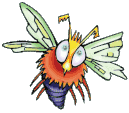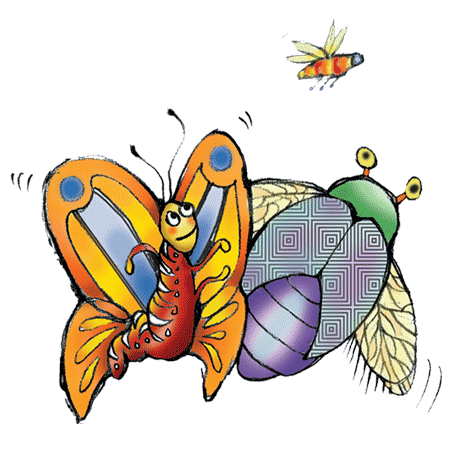Editing Your Poem
|
Editing helps your child get their work ready to share with others. It is a process performed over and over to the point that some great writers believe editing never stops.
In order to guide your child through the editing process, go through the following questions. |
|
3. Have you used a variety of poetic moves?
The moves we talked about include: rhythm, rhyme, alliteration,imagery, contrasts, and comparisons.
4. Have you used different kinds of words?
|
|
Repetition is part of the poetry game, but you can often repeat that same thought or idea with different words.
|
|
5. Does the poem end well?
A poem doesn’t always have a happy ending, but your reader should know it’s over. It should “click shut” at the end.
|

